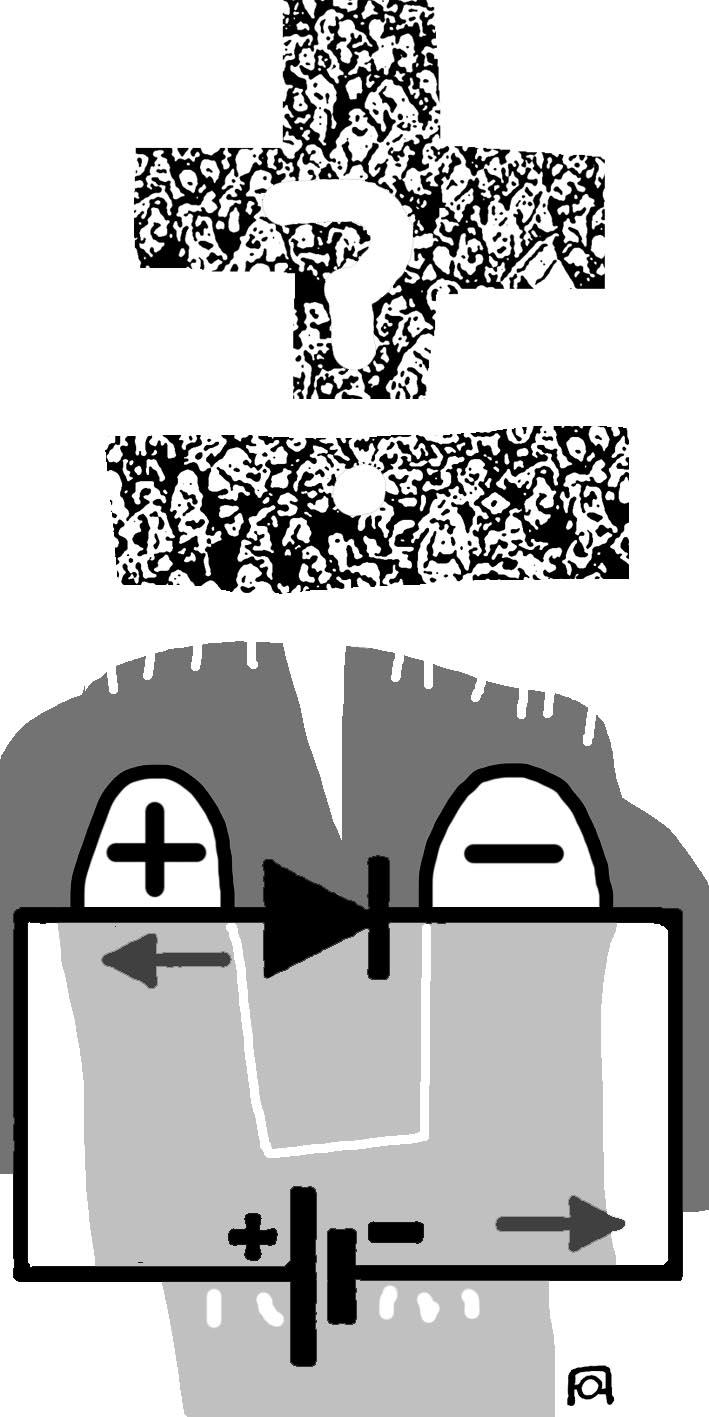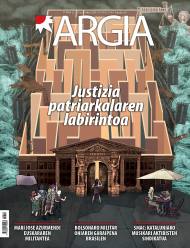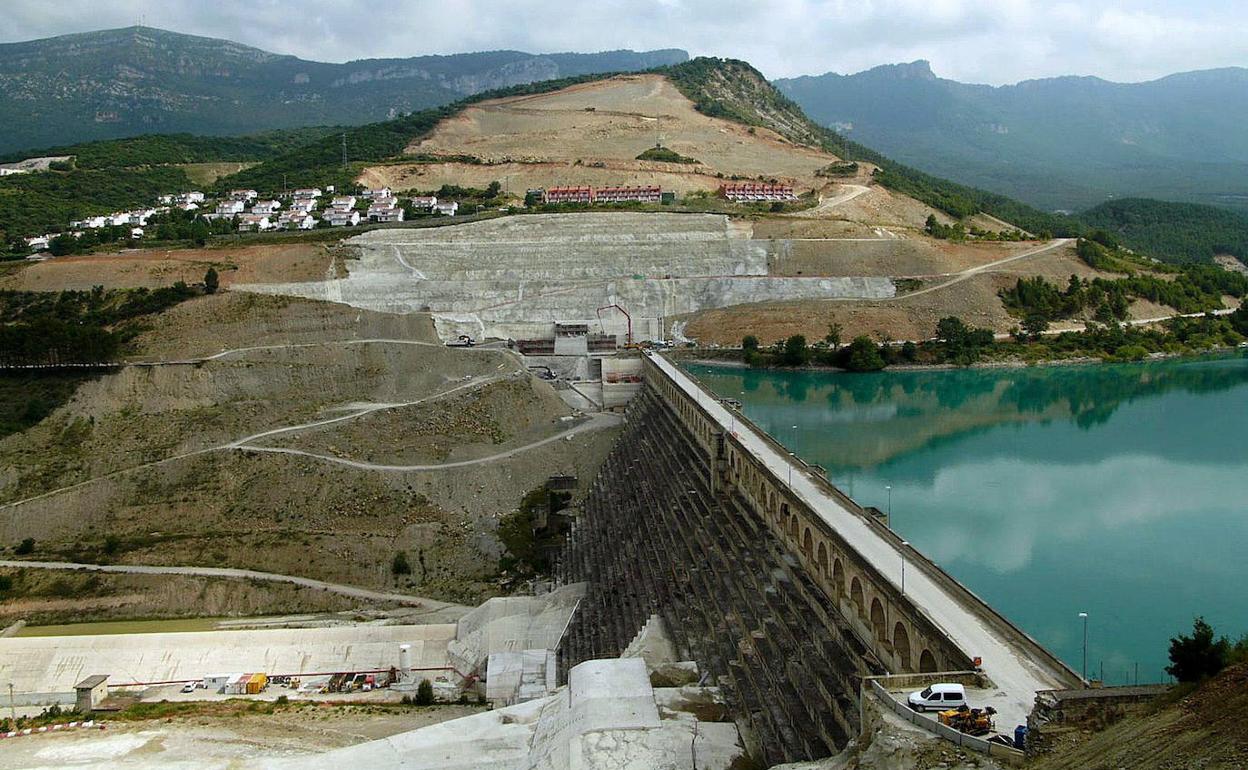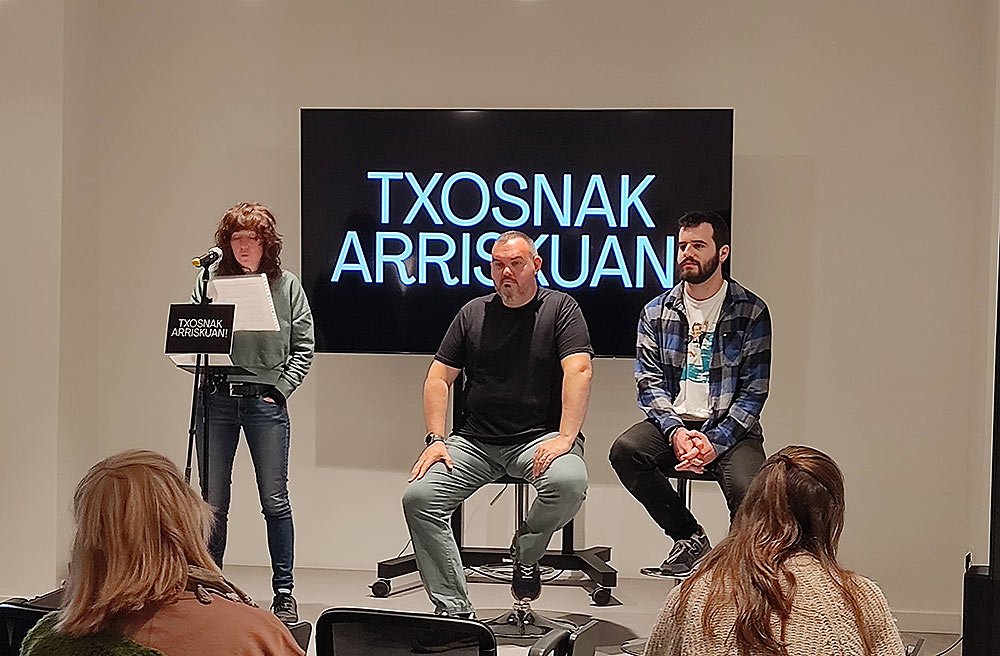So pessimistic and so optimistic

The general disaster caused by the human being, destroying society and its entire environment, allows us to see how we approach each day. Some friends have recently recommended Comment tout peut s’effondrer. Petit manuel de collapsologie à l’usage des générations présentes / How it can explode everything. In the book “Manual of Collapse for the Generations of the Present” (Seuil, Paris, 2015), Pablo Servigne and Raphaël Stevens demonstrate that catastrophe can prevail in all areas. Look at the brutality of human relations, the infamies of governments, the continuing wars, the unrivaled distribution of wealth, the indiscriminate attacks on the environment... How can we believe that in the near future the human being will unfold, giving up the follies built over so many centuries? How can we believe, in line with what Amets Arzallus recently said in Euskal Irratia, that everyday “simple things” can completely transform the entire corrupt system? The clearest thing is that we have already adjusted the end of ourselves.
However, to address the fear and frustration that this approach can generate, several popular activities organized in recent weeks are needed: Camping of the Little Revolutions of Zubieta, Alternative of Baiona, coming soon Euskaraldia... Thousands of people have demonstrated – and demonstrate – their desire to live in a committed way, launching new initiatives in the name of survival, in all areas: education, energy, women’s rights, the economy, the environment, the reception of migrants, the defence of the Basque country... Immersing ourselves in these movements tends to be a hunch: fighting for justice and life, we no longer feel helpless victims of a crazy system, but everyday heroes.
But what drives us into this compromise? Key optimism, beliefs that utopias can once be verified, or randomness, that the French writer Jean-Jacques Rousseau called “instinct of permanence” – the desire to live of living beings, whatever happens – the forced optimism rooted in the darkness of pessimism? I do not like Jean-Jacques Rousseau much, but I think he was right, and the Basques at least do so.
In the recent Gates of the Valley of Aldude I have had the opportunity to make the same thoughts: What drives the urepees, the Aldulares and the Banqueses to show the world in the most passionate way that the valley lives and that the local inhabitants want to live it, knowing that their life is based on the constant struggle with the administration, with nature? The valleys of Aldude have shown their visitors for four days an extraordinary force, which has momentarily blinded the inhabitants of Aldude, undecided, frightened and desperate.
It has often been heard that the Basques are schizophrenic, both among us and for the Castilian speakers, because we always play between two or three cultural positions, without being able to consolidate them. But we also have it from bipolarity: from the most terrible despair ruthless by the grim reality, we can jump to the greatest euphoria, because of that forced optimism. The Korrika is going to put an end to the crucible created by Alternatiba and Euskaraldia. In the novel Mrs Girgileri, which this year won the Gazteluma prize, Maialen Heguy-Lucu refers to bipolarity, especially to the taboos surrounding it in Basque society. Is it because we've all become bipolar in part?
BRN + Neighborhood and Sain Mountain + Odei + Monsieur le crepe and Muxker
What: The harvest party.
When: May 2nd.
In which: In the Bilborock Room.
---------------------------------------------------------
The seeds sown need water, light and time to germinate. Nature has... [+]























